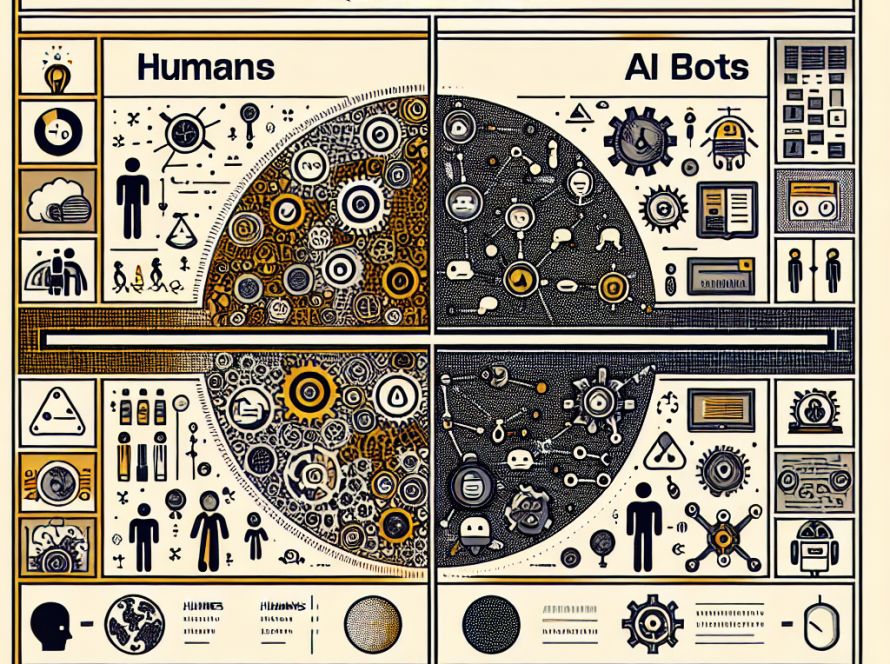At its Worldwide Developers Conference, Apple unveiled “Apple Intelligence,” a suite of Artificial Intelligence (AI) features designed to enhance the iPhone user experience. Central to this is a lightweight but powerful AI model containing three billion parameters, which operates directly on the iPhone, allowing low-latency, private data processing.
A standout feature of Apple Intelligence is its ability to rewrite emails and messages to mimic the user’s unique style and tone. Furthermore, it can summarise lengthy group chats and prioritise notifications based on user habits. These systems will also improve Siri, enabling more natural, context-aware conversations using data on the device.
In an unexpected partnership with OpenAI, ChatGPT will handle more complex tasks. Despite initial concerns about privacy issues, both Apple and OpenAI confirmed that privacy protections are inbuilt, with OpenAI stating, “requests are not stored by OpenAI, and users’ IP addresses are obscured.”
However, the deployment of several key Apple Intelligence features in Europe, such as Phone Mirroring, SharePlay Screen Sharing enhancements, and the overarching Apple Intelligence, will be delayed until 2025 due to regulatory concerns regarding the European Union’s Digital Markets Act (DMA). The DMA aims to promote fair competition and interoperability among digital platforms, compelling corporations like Apple to ensure their products are compatible with competitor platforms — a requirement that Apple fears could compromise user data security. Apple intends to work with the European Commission to address these issues without compromising user safety.
This isn’t the first time a tech giant has faced difficulties with EU regulations. Meta recently scrapped the launch of Meta AI in Europe after pushback from regulators and privacy advocates over plans to train AI models with user data from Facebook and Instagram. This leads to concerns that the EU’s stringent regulations could deter companies from bringing AI tools to market in the region, possibly prompting them to seek more accommodating environments elsewhere.
Nevertheless, companies like France’s Mistral continue to boost Europe’s presence in the generative AI industry. European customers, accustomed to delays in tech product launches, may not be too displeased about not having their social media data used by Meta or waiting a bit longer for Apple Intelligence. However, the soon-to-be-enforced AI Act will present yet another challenge for tech companies operating within the EU.


